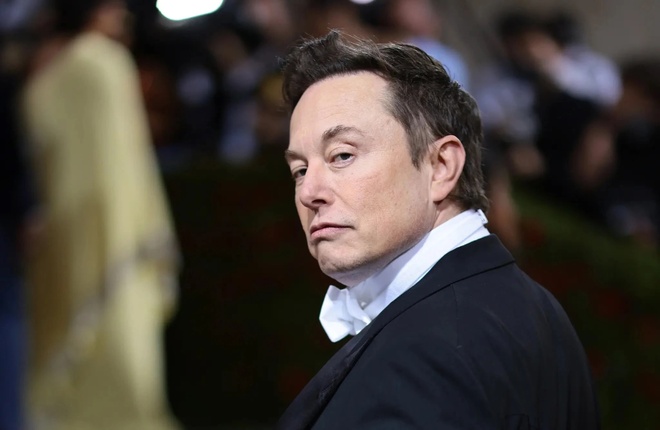Tesla CEO Elon Musk has once again sparked controversy with a provocative statement, this time calling for the closure of news networks CNN and ABC.
In a recent tweet, Musk expressed his belief that the United States would be in a better position if these two prominent news organizations were to cease operations. His statement has ignited a heated debate about the role of media in a democratic society and the potential consequences of such a drastic action.

Musk’s criticism of CNN and ABC is not new. He has frequently accused these networks of bias and misinformation, particularly in their coverage of his companies and political views. However, his latest call for their demise has raised eyebrows and prompted concerns about the potential implications for free speech and a diverse media landscape.
Supporters of Musk argue that his criticism is justified, citing examples of what they perceive as biased reporting and unfair treatment of his companies. They contend that CNN and ABC have become too partisan and that their influence on public opinion is detrimental to the health of American democracy.
Critics of Musk, on the other hand, argue that his call for the closure of news organizations is a dangerous attack on freedom of the press. They point out that a diverse and independent media is essential for holding powerful individuals and institutions accountable. They also express concerns about the potential consequences of silencing dissenting voices and limiting access to information.
The debate over Musk’s statement has highlighted the ongoing tension between the desire for a fair and unbiased media and the potential for powerful individuals to influence public discourse. As the discussion continues, it remains to be seen whether Musk’s call for the closure of CNN and ABC will have any lasting impact on the media landscape or the broader debate about the role of journalism in a democratic society.





